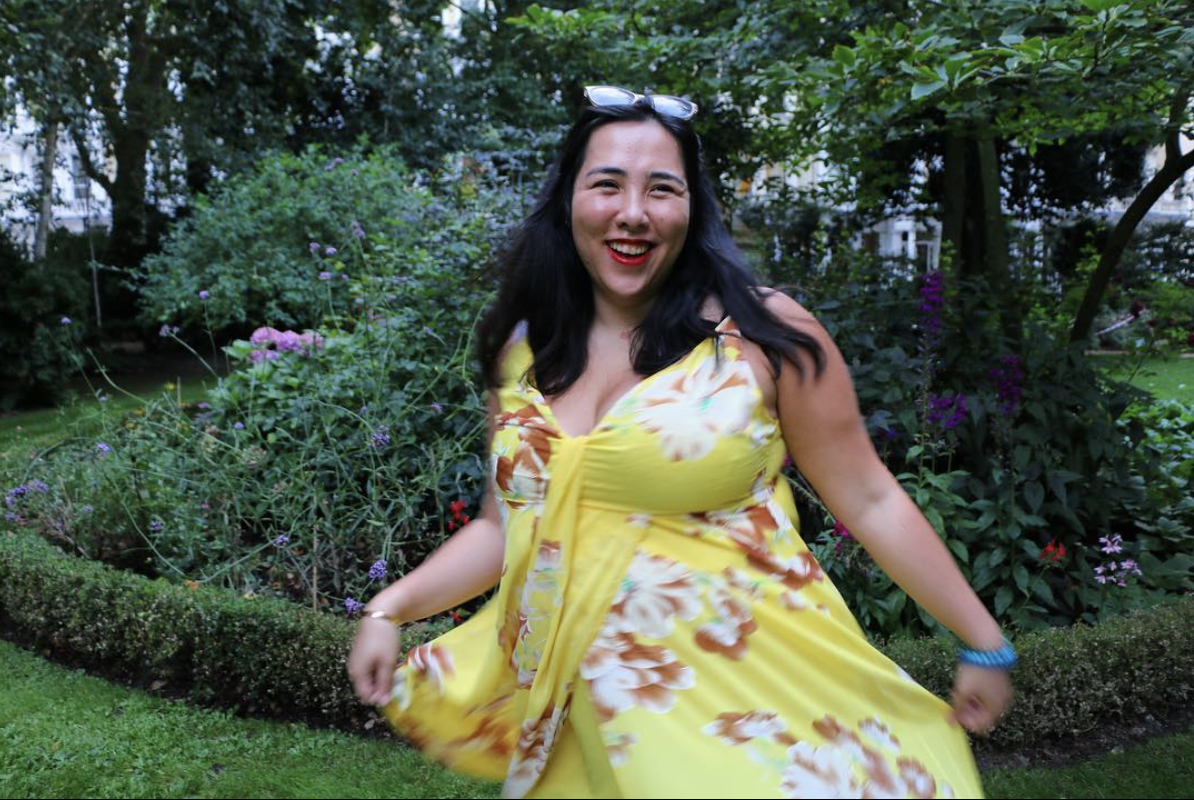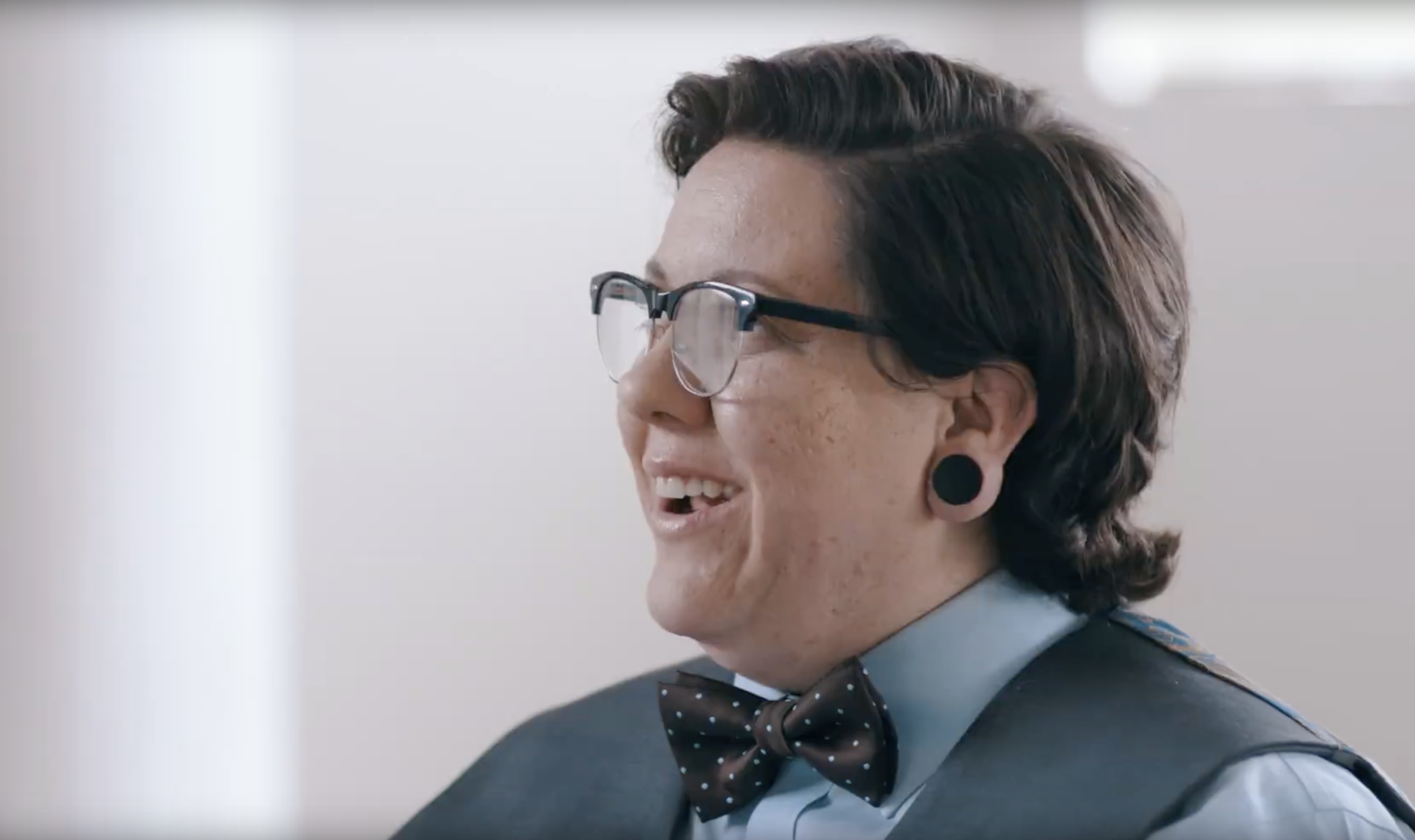The World's First Beauty Pageant For Wheelchair Users Is Smashing The Stigma Surrounding Disability
When I think of beauty pageants, I can't help but think of Sandra Bullock and her water glass routine, plus a bunch of other great moments from Miss Congeniality, and I dare say I'm not alone. But another thing that I often attach to pageantry is the typical set of beauty ideals that are associated with them - for example, predominantly white, thin, cis, able bodies - so anything that even begins to challenge them is wonderful in my book.
Last weekend, 24 women from 19 different countries came together for the world's very first Miss Wheelchair World pageant, and yep you guessed it, every single one of the beauties were wheelchair users. The inaugural contest was held in Warsaw, Poland, and was inspired by the country's Miss Poland Wheelchair pageant that had successfully been running for the past four years. Aimed to challenge the stigmas and beauty standards surrounding disabled women and those who use wheelchairs, the competition was organised by The Only One Foundation, an organisation founded by two disabled women who want to break down the barriers that often limit disabled people and others living with impairment.
The judging panel was made up of various journalists, presenters and representatives from Warsaw City Council, with Miss Poland Wheelchair 2013, Olga Alaba, making an appearance as a guest judge.
The crown went to Aleksandra Chichikova, a 23 year-old psychology and social pedagogy student from Belarus, with second place going to Lebohang Monyatsi from South Africa and second runner-up going to Poland's Adrianna Zawadzinka. Other prizes such as Miss Kindness and Miss Smile went out to other contestants.
Countries that participated in the event - winning and runner-up countries aside - included Angola, Brazil, Canada Chile, Finland, France, Guatemala, India, Italy, Mexico, Moldova, the Netherlands, Russia, Ukraine and the United States.
Winner Chichikova's contestant profile read: “I am convinced my life can illustrate that a person may be successful, strong, purpose-driven, beautiful and attractive regardless of how [they] move. I really enjoy watching people change their mind and attitude towards disabled people. They start to see an equal person, not someone with disability.”
Whilst there's still a long way to go with regards to the way that social attitudes surround disability and impairment, an event like this not only celebrates the beauty of women beyond society's unrealistic ideals, but raises awareness for others to challenge their own potential stigmas.








